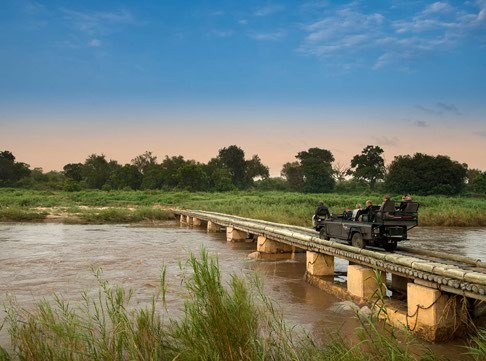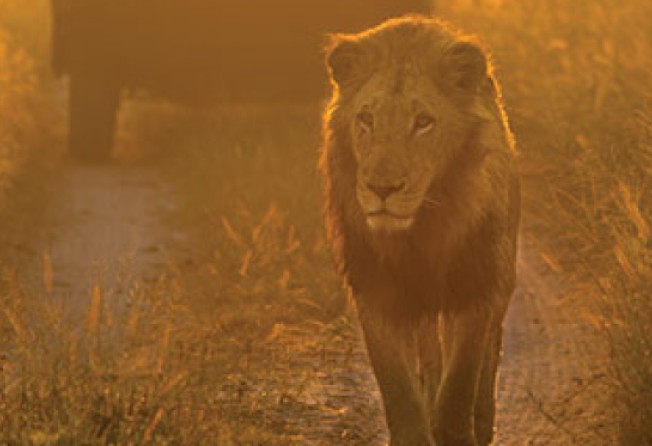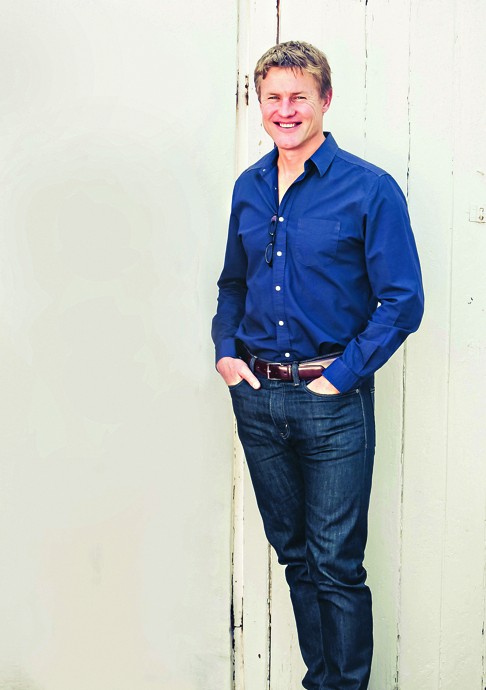
The family-friendly safari, and how to sustain an African game reserve
Fourth-generation South African Robert More talks about inheriting a wildlife refuge, opening it up to the public, keeping it sustainable and investing in the local community so they value its animals

“The Lion Sands Games Reserve has been in my family since 1933. It first started with my great grandfather, an American who came to South Africa when he was 19 years old. He was a mining engineer who went on to work at a stock brokerage firm. Through this success as a stockbroker, he acquired the wealth to purchase the property that we own today.
The property was eventually passed on to my grandfather at the age of 21, but he was declared missing during his duty as a pilot during the war, and so it was left to my mum at the ripe age of three. Since then, my grandmother and my mother have protected the property, and now the reserve is in the hands of my two brothers and I.
Initially, the Lion Sands Game Reserve was a private retreat. But when South Africa arrived with its new democracy in 1994, there was a sense of duty that we should commercialise the place with a sustainable model to create jobs and pay taxes. We took a loan and opened in April 2001.
The nice thing about the area is that it has never been anything else except a wilderness area. Unlike other areas, the land did not evolve from subsistence agriculture, to wilderness, and back again to agriculture. It has stayed the same.

My brothers and I grew up in Johannesburg, just outside of the reserve where we had to go to school. But we spent our weekends in the reserve and that’s where our passions come from.
There were a few close calls in the safari growing up, but thankfully I have no scars. My brothers and I often laugh that we are all still alive, especially given that as adolescent boys we were boisterous and adventurous.
We’ve been chased by wild dogs and once spent five hours up a tree, waiting to be rescued. We’ve also had encounters with lions, as well crocodiles when swimming in the Sabi river. Although we’ve had these close calls, we’re also people who have grown up in the wilderness area. We’ve developed bush skills, and know how to avoid accidents. Safety is important.
Our philosophy with our sustainability efforts is that the safari is not our home. Instead, it belongs to the wild. So our approach is to do less, rather than do more. Human beings tend to want to get involved and influence the environment. In contrast, we as a family have done the opposite and disciplined ourselves. What we need to do is constantly reduce our impact.
With firewood, we bring all of this in from foresters that have a replenishable source. The reason for this is firewood is tied closely to insects and rodents, which in turn affect the owl population. So there is a ripple effect we have to be aware of.
Also, a lot of people would think the biggest impact of human settlements would be the lodge. But in reality, roads have the biggest influence because they cover a much larger surface area. We purchase topsoil from outside the reserve, which supports local communities. We try to reduce the human footprint as much as possible.

In terms of animal protection, we also try to educate the community about the importance of these wilderness areas. What drives poaching is inequality in the local communities. So people will only see animal preservation as important if they can get a job there, and if the reserve is investing back into the community.
To accomplish this, we look after two schools and are developing a digital learning centre. This way, we are really setting up a community that can realise that without the reserve, we wouldn’t have all of these amazing benefits.
Recently, we’ve started offering family-friendly safari trips, which was an idea I had after having my own kids. When my wife and I took our twins to the Lion Sands Game Reserve, the enjoyment from these trips got us thinking about family-style safaris. We also identified a growing interest in people going on safari, especially after seeing movie characters from The Lion King and even Madagascar.
Also, the safari appeals to all three generations of a family. Often a grandparent will battle to engage with a young child. But when they are on safari, they get equally excited about spending time on the game drive. The trip really unifies a family with no effort other than having the experience.
We’ve been working with A2A Safaris for about three years to attract visitors from Hong Kong to our resort. We previously had zero visitors, but since working with them, we’re going in the right direction.
What attracts visitors to Africa is the animals. But it’s the South African people that visitors truly remember. And though we are a little bit clumsy, we are sincere. Some of the most genuine warmth and hospitality comes from our part of the world.”